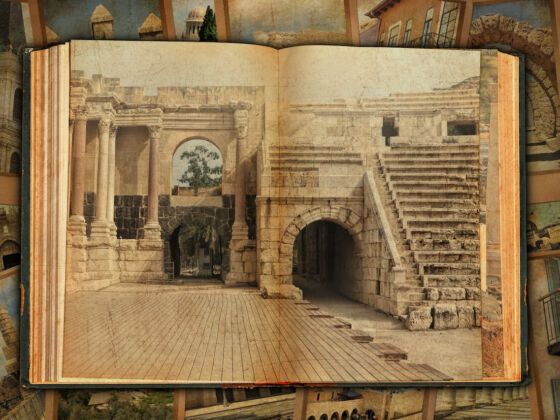FROM THE BEGINNING, travel writing has been a key shaper of people’s perception of the world beyond their borders and of history itself.
On one level was enterprise. As merchants forged trade routes and returned with goods and reports about fantastic places and culture, this in turn compelled leaders to send more explorers. Classic examples of this include Marco Polo (13th century) as well as the crónicas of friars such as Fray Ramon Pane in the 15th century, then later, William Bartram, and Lewis and Clark.
